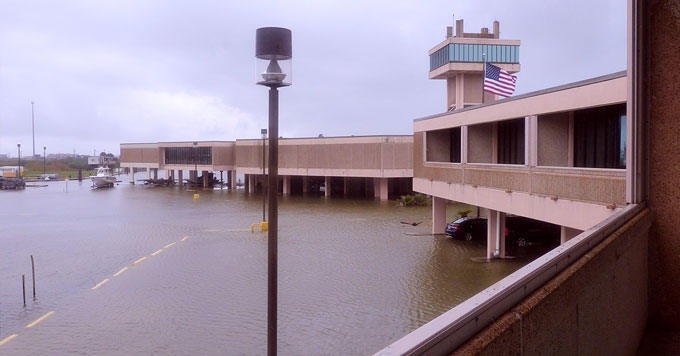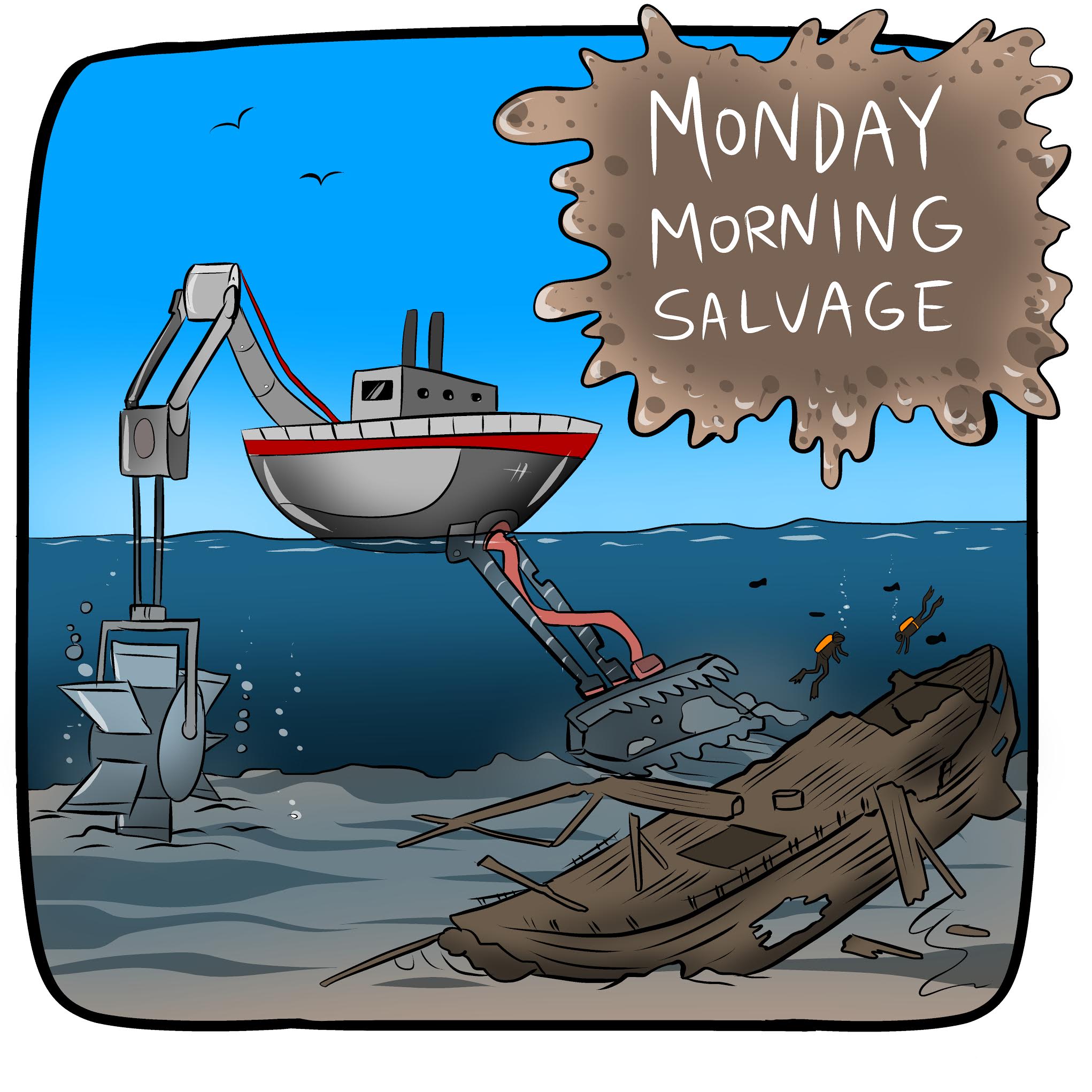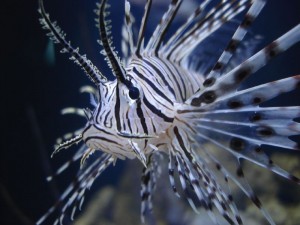
Foghorn (a call to action)
The U.S. is turning a significant portion of Micronesia into live fire and bombing ranges to train Marines. It has plans to completely take over one island for this purpose and has control of two-thirds of another island.
If people in the U.S. mainland understood the military’s plan for Micronesia they might be alarmed. But this is really happening to U.S. citizens living in America’s territories.
Flotsam (what we’re obsessed with right now)
- How a team of amateur explorers and an underwater robot laid to rest the ‘Ghost of Baker Lake’.
- Jane Lubchenco: Science in a Post-Truth World. Hat tip: @EmmaJMcIntosh.
The Levee (news from LUMCON)





